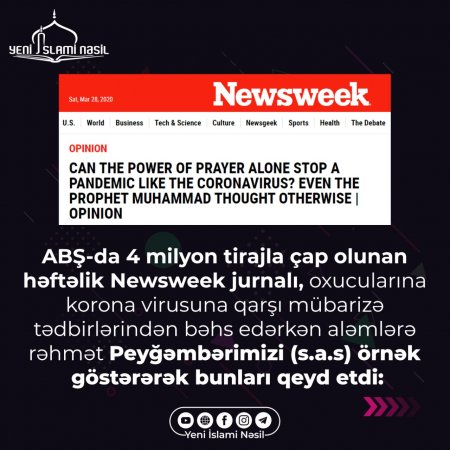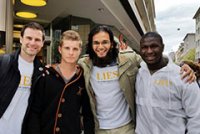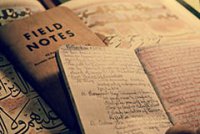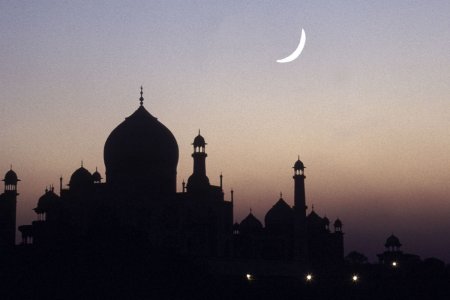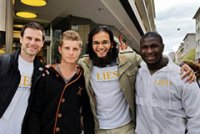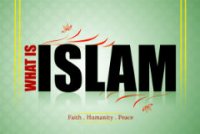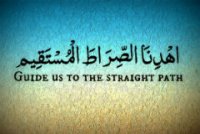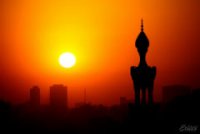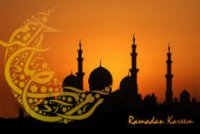What is Ramadan?
The Islamic calendar is a lunar calendar, which means it's based on the moon. World most countries use the Gregorian calendar (a solar calendar based on the sun), so the dates of Ramadan change each year.
Ramadan begins each year when the first sliver of the crescent moon (waxing crescent moon following a new moon) appears in the ninth month. One of the primary ways Muslims celebrate Ramadan is by fasting. Fasting means to abstain from food. Muslims celebrating Ramadan only eat when it's dark outside. From sunrise until sunset, they don't eat or drink anything.
Fasting allows Muslims to focus on other things, such as their faith, prayer and doing good deeds for others. Fasting also teaches Muslims self-control, sacrifice and empathy for others less fortunate. Ramadan is usually marked by increased generosity and charity. Muslims pray often during Ramadan. In addition to the five daily prayers that Muslims pray each day, they also recite a special Ramadan prayer — called the "Taraweeh Prayer" (or "Night Prayer") — which is two to three times longer than their daily prayers.
At the end of the day, Muslims break their fast with more prayer and a special meal called the iftar. The iftar usually begins with the ritual eating of a date, which is a fruit the Prophet Muhammad is said to have eaten.
Traditionally, the evening meal is a special time to visit with family and friends. Some families also exchange gifts when they get together. In the morning, fasting begins again.
Why do Muslims celebrate Ramadan? The reason centers on the Laylat-al-Qadr ("Night of Power"). Muslims believe it was on this night that Allah (God) delivered the Quran (the Muslim holy book) to the Prophet Muhammad.
The Laylat-al-Qadr is the most holy night of the year. It occurs on an odd-numbered night during the last 10 days of Ramadan (either the 21, 23, 25, 27 or 29, depending on the year). Muslims believe it is on this night that Allah determines the course of the world for the year to come.
There is also Zakat al-Fitrah-It is religious tax/alms (Zakat) paid on the day when Muslims break the fasting period at the end of the month of Ramadan. It is usually collected per each person in the family including the baby not born yet and given to the people in need. The aim is that poor people could also celebrate Ramadan holiday along with the others.
At the end of the month, Ramadan comes to a close with the feast of Eid-Ul-Fitr ("Feast of Fast Breaking"). Usually Families gather, cook meals and celebrate Ramadan.
Overall, Ramadan is a special time for reflection and prayer. Muslims focus on faith and strive for purity in all their thoughts and actions


